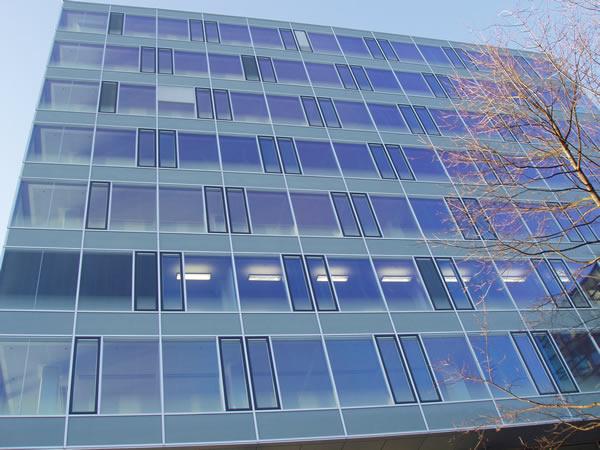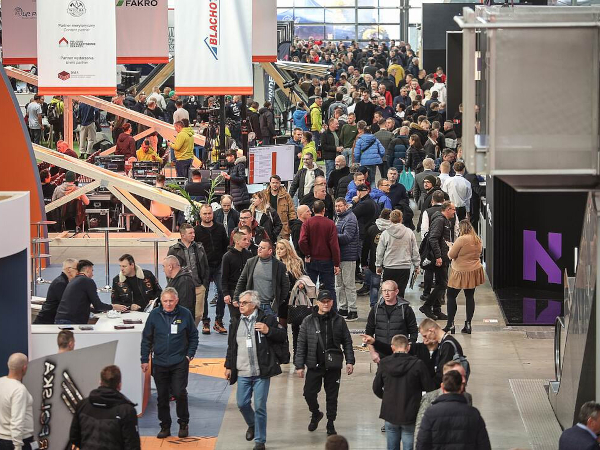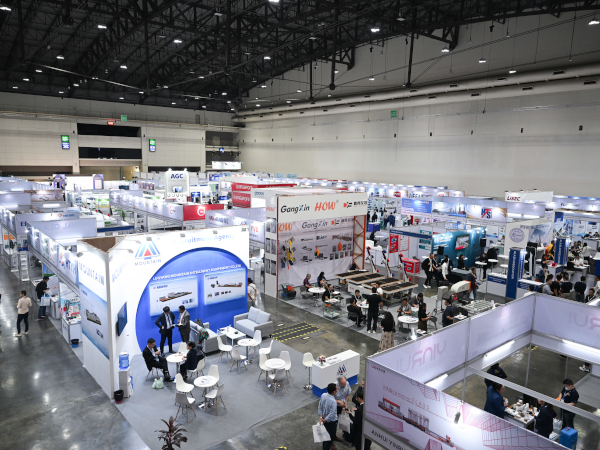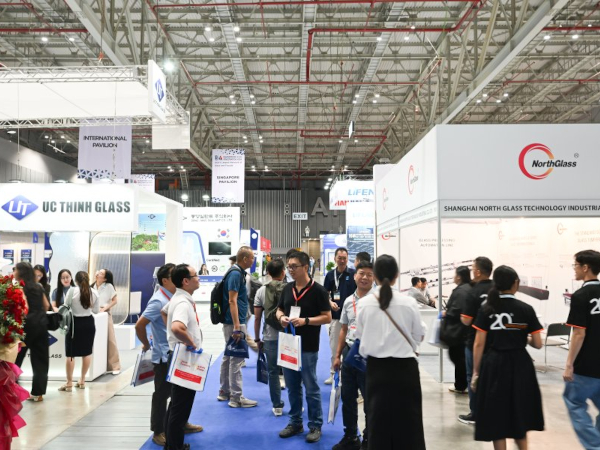
Date: 3 September 2019
Some experts have even called for a ban on glass skyscrapers which use air conditioning as they claim cooling buildings in this way adds to carbon emissions. However, if you use the correct solar control glazing combined with integral blinds then it shouldn’t be necessary to use air conditioning units at all.
Glazed facades are popular with architects and developers as they let in lots of natural light, look stunning and provide building inhabitants with great views. But the extra sunlight also brings additional heat, so it’s important to specify solar control glass such as the COOL-LITE range from Saint-Gobain Glass, which offers high light transmission of up to 70% alongside an extremely low solar factor of 0.33, blocking 67% of solar heat. Combine this with integral blinds, which fit neatly inside the insulated glass unit, and you have an excellent sun shading and heat reducing solution.
Integral blinds are ideal for commercial (and residential buildings). Assembled and permanently sealed within the dust-free double glazing cavity, the blinds always appear new and require no cleaning. They can go almost unnoticed until they are activated manually or by remote control. They deliver great looking interiors with less clutter and uninterrupted sightlines. They provide maximum privacy, light and solar control. There’s also a choice of Venetian or pleated systems and a wide range of colour options.
Integral blinds are an innovative product and should be considered at the design stage when formal specification decisions are being made as they are cost comparative when fitted at the time of the initial window or facade installation.
To conclude, using solar control glass with integral blinds inside result in a reduced requirement for air conditioning which delivers a significant decrease on energy consumption and CO2 emissions for the building and therefore makes buildings more environmentally friendly which can contribute to additional BREEAM points and boost the overall BREEAM rating.
Saint-Gobain Glass and Morley Glass also operate a free cullet return scheme that means that the glass can be recycled, helping to divert thousands of tonnes of waste glass from landfill sites. Saint-Gobain glass is manufactured using 40% of glass that has previously been used and the company encourages it customers to return glass that is not used in the manufacturing process, as well as the glass that is returned post-consumer use i.e. when windows, doors or facades are replaced.
Through recycling, the flat glass sector’s European operations save almost 300,000 metric tonnes of raw materials per year, thereby avoiding 70,000 metric tonnes of CO2 emissions.
 600450
600450









Add new comment